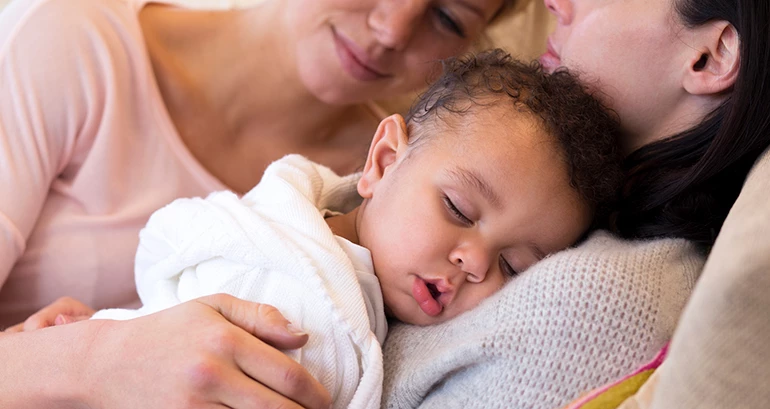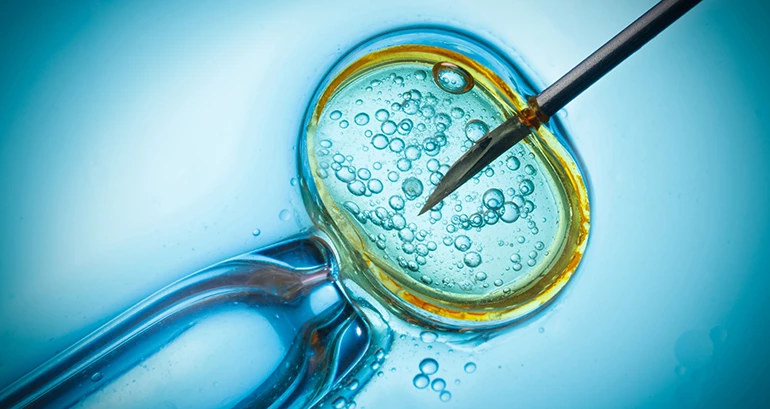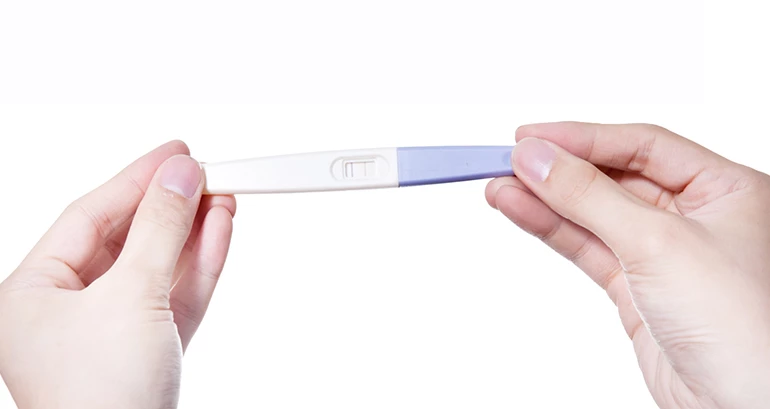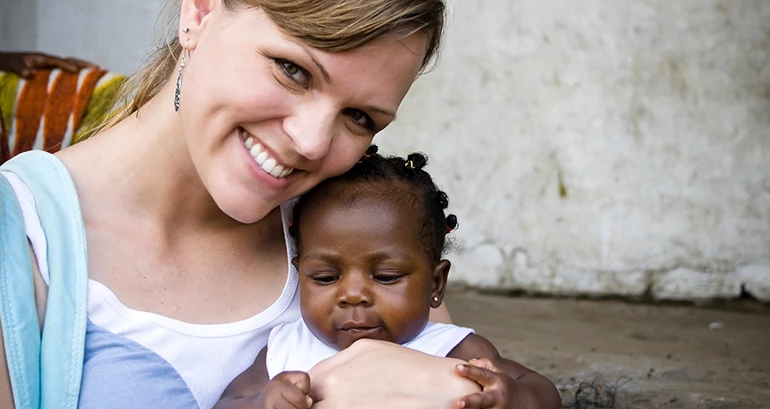Fertility and Family Planning After Breast Cancer Diagnosis

Your options for fertility preservation and growing your family depend greatly on where you are in your course of treatment and what steps you’ve already taken. The good news is that there’s more information than ever for young breast cancer survivors interested in having children.
Talk to Your Doctors About Fertility Options
Where possible, seek treatment and reproductive counseling at a comprehensive cancer center or large teaching hospital. These centers are most likely to see young women and understand the concerns unique to your population, including fertility and family planning.
Seek care from doctors who understand and support fertility preservation as part of your treatment timeline.
Some things to remember:
- After treatment, your period can take a year or longer to return. For more than half of all women under 35, it takes less than a year.
- Don’t think of your period as a perfect test for fertility. Regular periods, while a good sign, don’t prove that you’re able to get pregnant, while absent periods don’t necessarily show that you can’t get pregnant. A reproductive endocrinologist can perform more reliable tests.
- If you are infertile, there are several other options for motherhood. Couples often feel strong and fulfilling connections to their children after using these methods—non-matching genes don’t lessen that bond.
Fertility Preservation for Newly Diagnosed Women
If you have just been diagnosed with breast cancer, time is of the essence for preserving your fertility. To avoid delaying breast cancer treatment, speak to your medical team about fertility as soon as possible. You can also request to speak to a reproductive endocrinologist to explore your choices. It’s important to remember that each individual case must be examined uniquely and that your breast cancer itself has no effect on fertility.
Family Planning After Breast Cancer Treatment
Ideally, your healthcare team discussed fertility options with you before the start of treatment, and you received the appropriate information to make the best decision for you.
If not, or you did not take steps to preserve your fertility before treatment, that does not mean your door to becoming a mother is closed. Ask your oncologist at what time it is appropriate to see a reproductive endocrinologist to speak about your fertility after treatment.
Family Planning with Metastatic Breast Cancer
If you were diagnosed with metastatic breast cancer (MBC) before you started or completed your family, you may be concerned about fertility or curious about adoption. Many of the treatments for MBC will impair your ability to have children.
In addition, depending on the extent of your MBC and your prognosis, your physician may not recommend pregnancy. If you are interested in learning about your options for a future family, you should discuss this with your doctors as early as possible.
Adoption is generally difficult for cancer patients, and more so for those with MBC. If adoption is something you want to explore, discuss this with your physician and contact local adoption agencies for their insight. State law may impact your options as well.

Fertility Preservation

Options After Treatment

Other Family Planning Resources

Treatment Impact on Fertility
Connect with Others
Find women who know what it’s like to face breast cancer at a young age. The YSC community makes it easy to find and connect with other young survivors and co-survivors.
